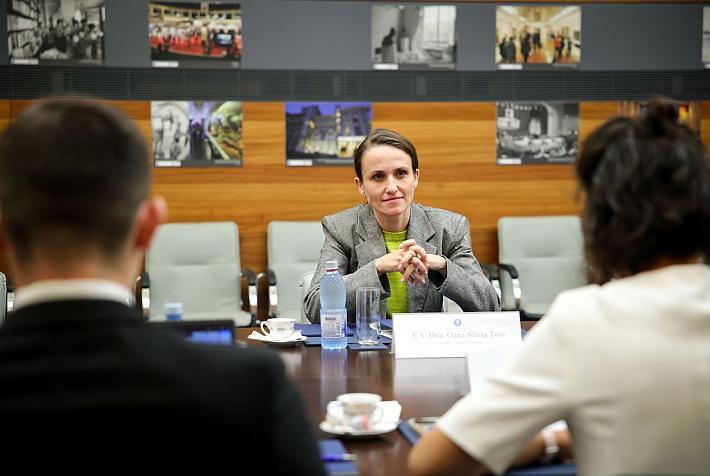Which are the biggest obstacles to starting and developing a business in Romania?

When asked which are the biggest obstacles to starting and developing a business in Romania, most local entrepreneurs indicate fiscal aspects such as fiscal unpredictability, complicated regulatory systems, and high taxes.
Moreover, a short analysis of the words most used to answer this question in the EY Entrepreneurs Speak - Romanian Entrepreneurship Barometer 2015 shows that shortcomings mark the Romanian entrepreneur’s psychology, according to Mihaela Matei, EY Special Projects & Digital Officer, who coordinated the study.
Romanian entrepreneurs said they face a lack of fiscal predictability, a lack of qualified human resources, a lack of interest for entrepreneurs in local and central administrations, public policies’ lack of vision, a lack of business incubators, financial resources and entrepreneurial education.
Moreover, local businessmen are also concerned about the bureaucracy in the country. Adjectives such as “excessive” and “thick” are used to qualify the Romanian tax legislation, bureaucracy, and controls conducted by local authorities. Some of the entrepreneurs indicate the “unattractive law”.
Some of the entrepreneurs gather all these bureaucracy issues under two words - "the state" - while others aren’t satisfied with tax authorities’ attitude towards taxpayers.
Moreover, local entrepreneurs haven’t seen an improvement of these issues in the last year. Almost half of them believe that this factor has deteriorated in the last year. However, fewer entrepreneurs believe that tax and legislation issues have deteriorated, in general, compared to last year’s edition of the study. Almost 30% think that this aspect remained the same while 20% believe that the legislative environment has improved.
According to World Bank’s Doing Business 2015 ranking, the Romanian legislative environment has improved for small and medium enterprises. Romania ranks 48th out of 189 countries surveyed based on how easy it is to make business in the private sector. In 2014, Romania was at number 73. The legislative and administrative changes triggered this positive evolution of the country in World Bank’s ranking, together with a changed methodology in conducting the study, according to Mihaela Matei.
Romanian entrepreneurs believe local authorities should focus more on the tax system to help entrepreneurship development in Romania. They should take several measures in this matter: simplify the legislation - especially for small companies, reduce fiscal burdens – especially for start-ups, and a lower VAT rate.
Which are the biggest obstacles to doing business in Romania?
Irina Popescu, irina.popescu@romania-insider.com











